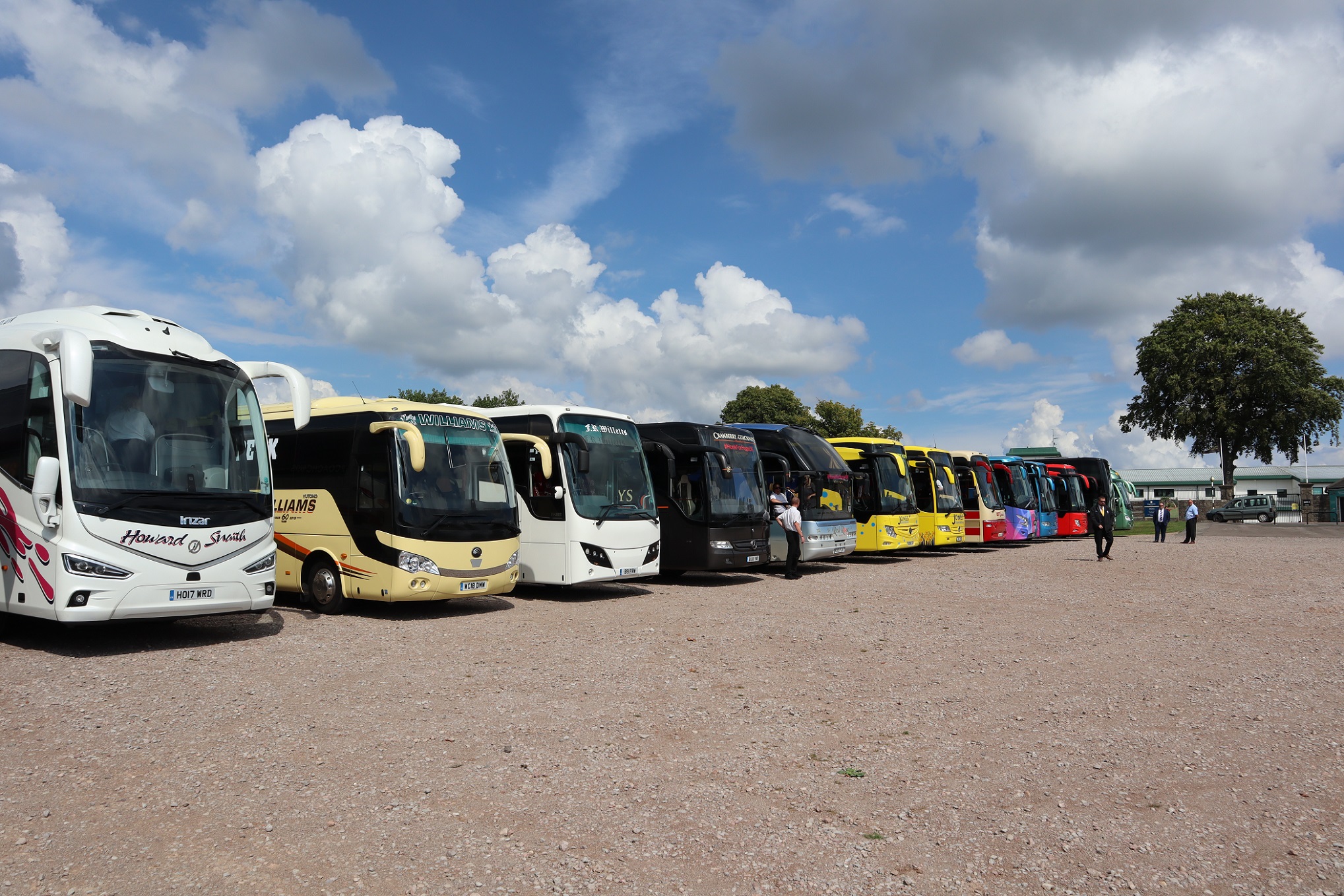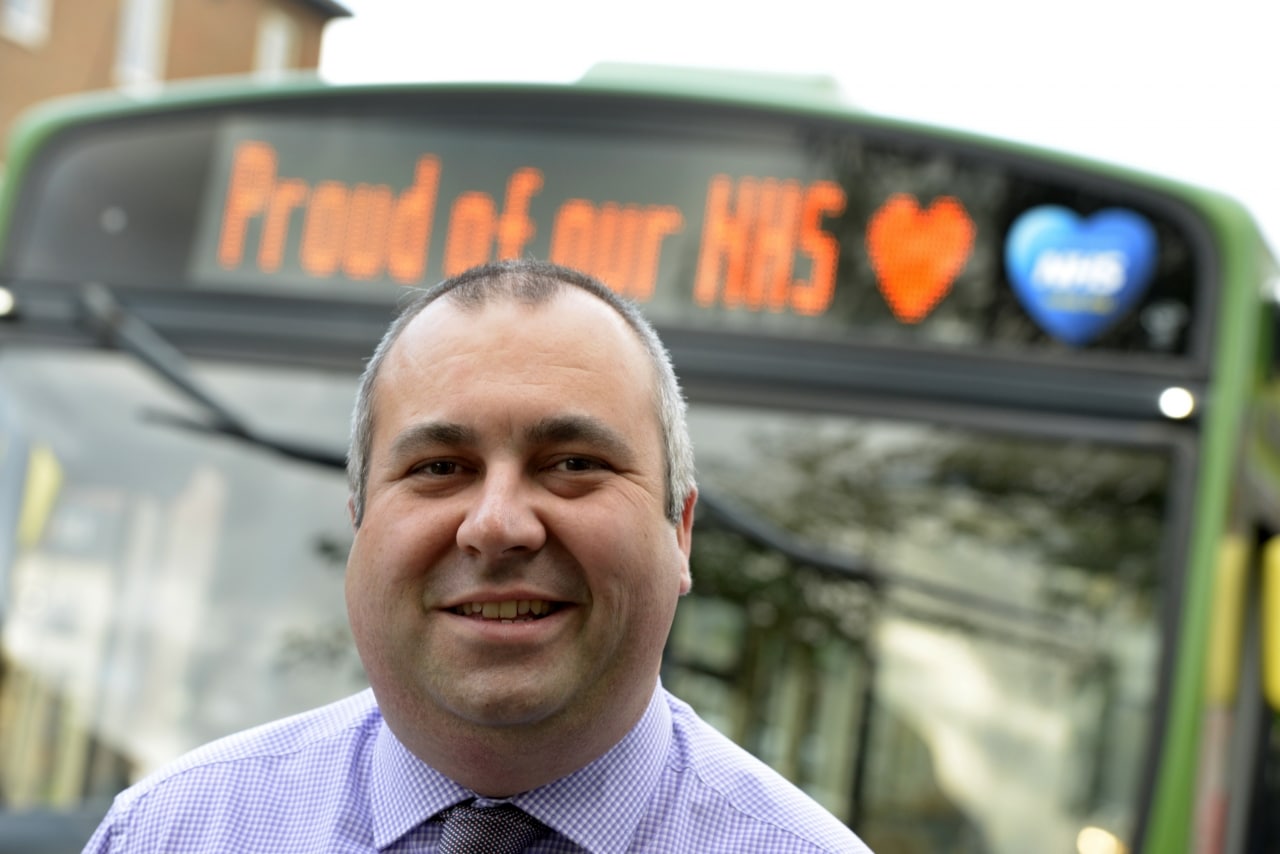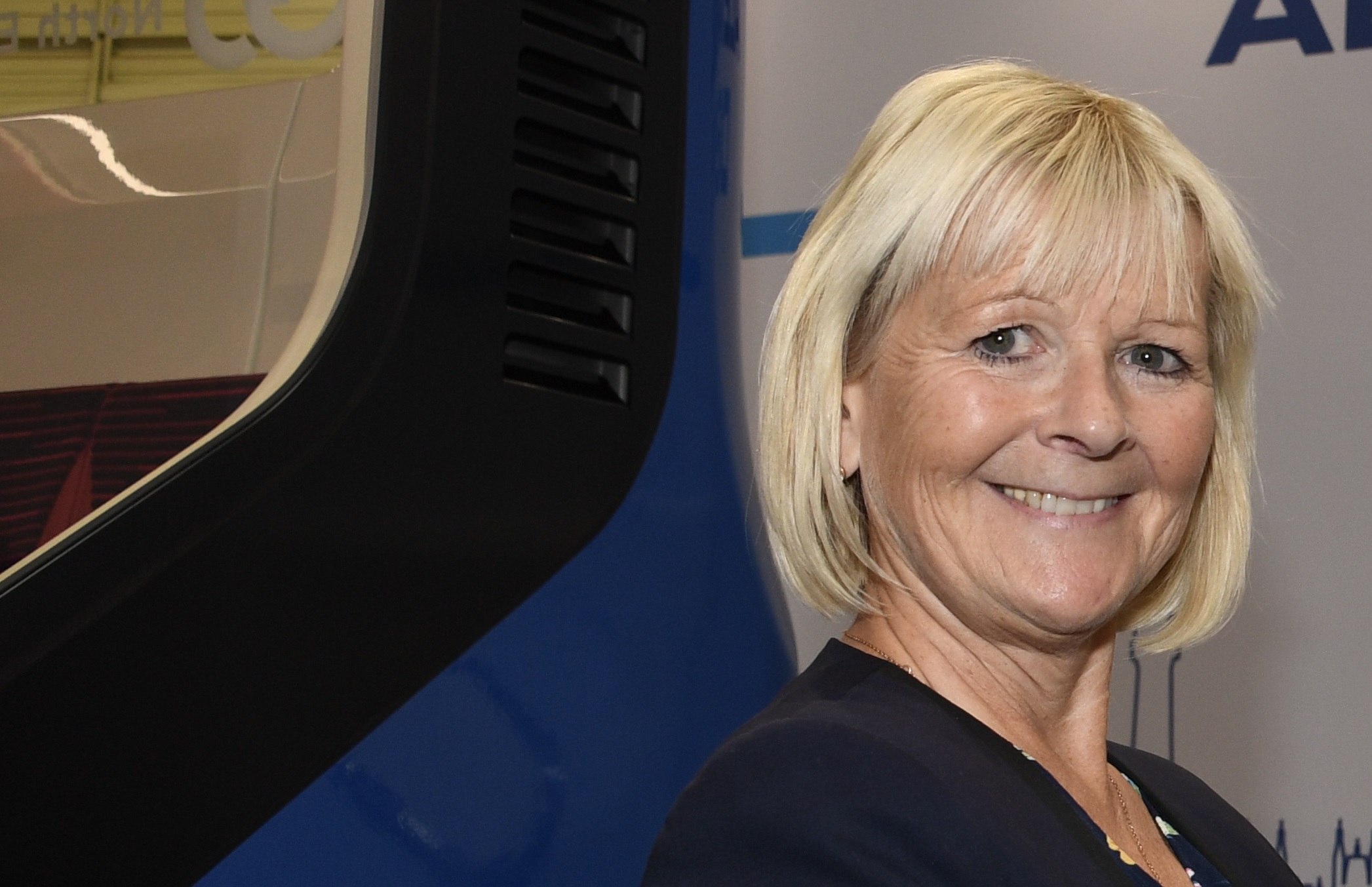The long-term impact on the coach industry of a failure by government to provide bespoke support during the coronavirus COVID-19 pandemic has been further explored in a virtual meeting on 21 October between operators and Emma Hardy, Labour MP for Kingston upon Hull West and Hessle.
Streamed via social media, the meeting poured more water on the increasingly fanciful idea that a requirement for more dedicated home-to-school transport us a lifeline for many coach operators. With the loss of ‘infill’ work, insufficient revenue is being raised by the vehicles employed to sustain some businesses for the long term.
Candice Mason, of Masons Minibus and Coach Hire, participated in the meeting. She says that while Masons is carrying out home-to-school work, it is still returning a loss of £30,000 per month. The Tring operator has obtained funding via the Coronavirus Business Interruption Loan Scheme. That means a return to 100% capacity is required in the medium term to assure future prosperity.
Lack of coach operators’ support ‘will lead to future difficulties’
If steps are not taken to address the shortfall of income, there is a risk of future capacity for home-to-school transport being constrained. That is the view of Jenna Rush. She is Managing Director of North East Coach Travel and the force behind the recent Honk for Hope UK protest movement.
Ms Rush says operators that are running home-to-school services but losing money on it through reduced vehicle utilisation will have commercial decisions to make soon. They may choose not to continue with the work. One business that carries out large-scale movements is considering doing just that, she claims.

A further complicating factor for the industry’s future relates to drivers.
Some operators have reported that recruitment has become easier since the pandemic broke. But others have longer-term concerns about how coaches will be staffed once it passes and work returns.
The meeting was held ahead of Chancellor Rishi Sunak’s announcement of changes to the Job Support Scheme. They reduced the financial burden on employers that wish to retain staff on reduced hours. But there is still concern that if drivers leave the industry, they will be lost for good.
“Once they are made redundant and they seek employment in another sector, what is to say that they will come back?” asks Ms Rush.
Restart of tourism will support coach industry, say operators
Kevin Mayne, Operations Director of Maynes Coaches of Buckie and a loud advocate for the coach industry, underlined concerns about drivers. They are particularly stark for operators that rely heavily on tourism. “It is going to take a huge amount to keep professional drivers employed over winter in the hope that we have a season ahead of us in 2021,” he says.
My Mayne adds that more difficulties could come thanks to the attitude that some banks are now displaying. They see employment in the coach industry as being unstable. That could compromise their willingness to offer mortgages to those that work in the sector.
The need to restart tourism, and the continuing uncertainty around doing so, remains a point of major consternation. The importance of coaches serving that industry cannot be underestimated, multiple industry representatives agree.

While some predictions hold that 2021 will be a good year for coach tourism, there is now some scepticism that it will be as positive as first thought.
One London operator has eight coaches parked. It estimates that it will be March or April next year before they are used in anger again “at the very earliest.”
What are the political solutions to the current situation?
Mrs Hardy’s colleague Matt Rodda, MP for Reading East and Shadow Minister for Local Transport, joined the virtual meeting. Mr Rodda says that Labour is committed to raising the coach industry’s profile in parliament. Mrs Hardy did that the next day, receiving an assurance from Mr Sunak that he would arrange for a minister to meet with both herself and industry representatives.
Mr Rodda also referenced the points raised by operators in England that relate to grants. Richard Bamber, Managing Partner of Runcorn operator Anthony’s Travel, notes that there has still been no formal direction that the coach industry in England is considered part of the leisure sector. “Our problem has been with the categorisation of coach hire. Nobody is prepared to put a tag on us.”
In the Liverpool City Region, coach operators are thus not eligible for the enhanced support for businesses in the retail, hospitality and leisure sectors. But bookmakers are, Mr Bamber points out. “For even some of the smallest grants that are available, the coach industry has yet again been left out.”
Tackling vehicle finance pressures is the key, say some operators

While better access to grants would be welcome, the key to future prosperity for several industry representatives that attended the meeting relates to vehicle finance.
It is estimated that 40% of all coaches are subject to a finance agreement. While many lenders have been flexible, the interest incurred by payment holidays has been significant.
Mrs Mason says that the pause taken up by Masons has cost it £20,000 in interest. Ms Rush adds that a payment holiday on one vehicle has cost North East Coach Travel £5,000.
The Confederation of Passenger Transport (CPT) has already called for assistance with vehicle finance. Thus far the government has ignored its request. The availability of 12-month payment holidays, with government help to cover interest, would be a major means of ensuring that businesses survive, adds Ms Rush.
Politicians showing more interest in coaches’ plight
Mr Rodda recognises that coaches play a “vital role” in terms of both transporting children to and from school and delivering social interaction opportunities for other passengers.
The virtual meeting has already delivered the result of engaging Mr Sunak with the plight of the coach industry. Other politicians are also supporting the sector. Several have raised it within Parliament.

However, the industry can never have too much political momentum behind it, says Mrs Hardy.
Operators must continue to lobby their elected representatives.
“Issues like this are where MPs can work together. It is not party political to say that we want support for a particular industry.”
A further glimmer of hope was provided in Parliament the day after the virtual meeting. While claiming that the £70m made available for additional dedicated home-to-school services in England has assisted in getting some businesses “up and running again,” Secretary of State for Transport Grant Shapps acknowledged that the government continues to work with CPT to “ensure that coach operators are able to continue as best as possible through these difficult times.”
Mr Shapps also revealed that the government expects to spend up to £12.6bn supporting the wider transport sector throughout the pandemic. Coach operators still hold out hope that a mere fraction of that will come their way soon.



























